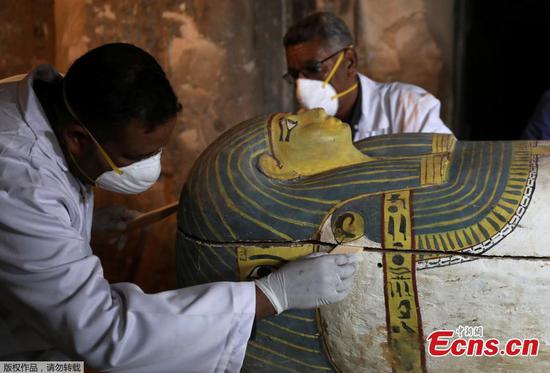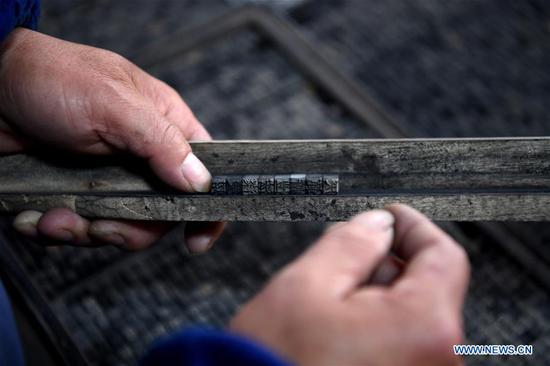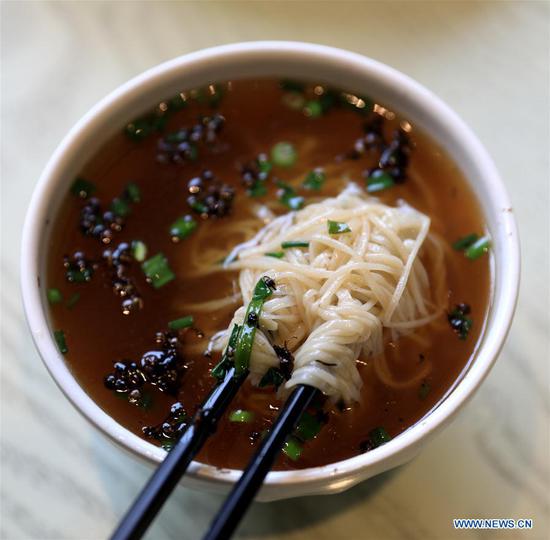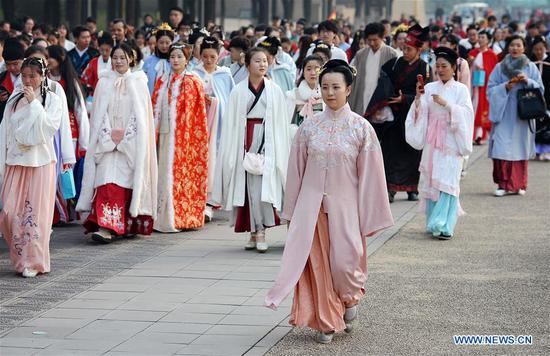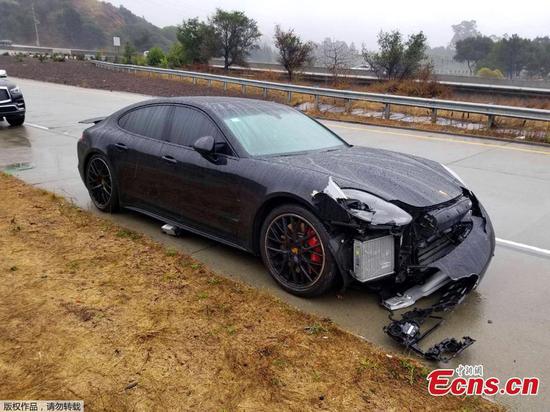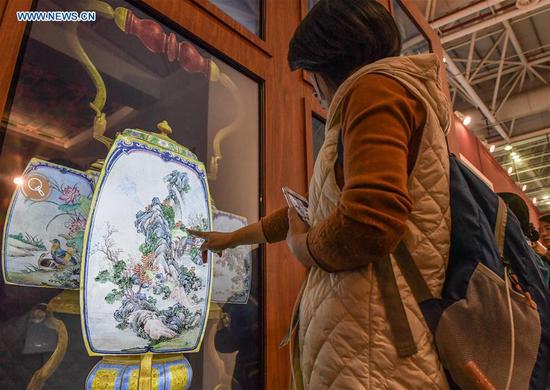
A sales assistant helps a female consumer in a Vitamin World shop in New York city. (Photo provided to chinadaily.com.cn)
Three years ago, when I was in the United States for my postgraduate studies, I received an unexpected call from my grandparents one day. I knew then and there I needed to go shopping for their dietary supplements.
They are big fans of cod liver oil, odorless garlic capsules, grape seed extract capsule, Ginkgo Biloba and Caltrate.
Every time I flew home for a vacation, my grandparents would request me to fetch them their favorite dietary supplements. They believe such products are good for their health. Typical shopping bills would total up some 8,000 yuan ($1,151) a year.
If you think that's a lot, hang on a second. Their friends spend tens of thousands of yuan on dietary supplements. Believe it or not, there are stories, probably apocryphal ones, that an old couple here and an aging pair there sold off their homes just to buy dietary supplements!
A recent report from Chyxx, an online industry information network, showed that this year, the sales revenue of China's dietary supplements market is estimated to reach nearly 293 billion yuan, growing some 11 percent year-on-year. The recent years had witnessed double-digit growth rates, with average consumption level being 12 percent that of the U.S., showing great growth potential.
With the increase in per-capita disposable incomes and the rise of people's healthcare awareness, China's consumption groups are paying more attention to health, and thus generating huge demand for dietary supplements.
Multiple factors are at work. For one, the idea of consumption itself has changed in China. Then there is the predicament of aging. Policies and regulations are being tweaked to help grow the healthcare products market, market insiders said.
Promising as the market is, frauds are not uncommon.
Yun Wuxin, who received his PhD in agriculture and bioengineering from Purdue University in the U.S., said most dietary supplements don't have a clear efficacy. What the merchants claim in their ads are not proven scientifically.
Kong Xianwei, head pharmacist at the Peking University Third Hospital, said: "Dietary supplements can't replace medicines. So, consumers should go to a hospital to get regular treatment. They can't blindly rely on over-the-counter dietary supplements."
Agreed Fan Zhihong, associate professor at the College of Food Science &Nutritional Engineering, which is part of China Agricultural University. "Dietary supplements can't take the place of a nutritious, wholesome daily meals. Consumers should not blindly trust those high-end healthcare products. In addition, dose rationality should also be considered."
On Nov. 1, the China Food and Drug Administration issued a guideline that the government should further fine-tune laws and regulations on healthcare products, and increase the threshold for registration.
Besides, the scope of inspections should be expanded, and punishment for fraudsters should be made more severe, it said.
The author is Zheng Yiran.









